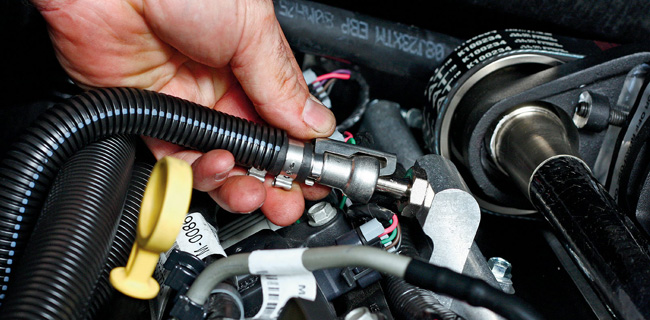In an era where environmental consciousness and sustainability are paramount, the fuel services industry stands at a critical crossroads. With the looming specter of climate change and the depletion of finite resources, redefining the future of fuel services has become an imperative task. Fortunately, innovative solutions are emerging, offering a beacon of hope for a more sustainable future. One of the key pillars of redefining fuel services lies in the transition towards renewable energy sources. Renewable fuels such as biodiesel, ethanol, and hydrogen present viable alternatives to traditional fossil fuels, offering lower carbon emissions and reduced environmental impact. Embracing these renewable alternatives not only mitigates the environmental footprint of fuel services but also fosters energy independence and resilience against volatile global markets. Moreover, the electrification of transportation is revolutionizing the way we perceive fuel services. Electric vehicles EVs are rapidly gaining traction as viable alternatives to internal combustion engine vehicles, with advancements in battery technology driving down costs and improving efficiency. By investing in EV infrastructure and promoting widespread adoption, fuel service providers can play a pivotal role in accelerating the transition towards a sustainable transportation ecosystem.

In tandem with renewable energy and electrification, the concept of circular economy principles is gaining momentum within the fuel services industry of fort worth fuel services. By adopting circular practices such as waste-to-energy conversion, biofuel production from organic waste, and closed-loop systems for fuel production and distribution, companies can minimize waste generation, maximize resource efficiency, and create new revenue streams from otherwise discarded materials. Furthermore, digital technologies are transforming the landscape of fuel services, offering unprecedented opportunities for optimization and efficiency. Advanced data analytics, artificial intelligence, and Internet of Things IoT devices enable real-time monitoring of fuel consumption, predictive maintenance of infrastructure, and optimization of supply chains. By harnessing the power of digitalization, fuel service providers can streamline operations, reduce costs, and minimize environmental impact. Education and awareness also play a crucial role in redefining the future of fuel services. By fostering a culture of sustainability among consumers and stakeholders, companies can drive demand for eco-friendly alternatives and incentivize responsible consumption habits.
Initiatives such as green marketing campaigns, educational outreach programs, and carbon offsetting schemes empower individuals to make informed choices and actively participate in the transition towards a more sustainable energy future. Collaboration and partnerships are essential for catalyzing innovation and driving systemic change within the fuel services industry. By forging alliances with government agencies, research institutions, and environmental organizations, companies can leverage collective expertise and resources to overcome technological barriers, navigate regulatory landscapes, and accelerate the adoption of sustainable practices. In conclusion, redefining the future of fuel services requires a multifaceted approach that integrates renewable energy, electrification, circular economy principles, digital technologies, education, and collaboration. By embracing innovation and sustainability as guiding principles, fuel service providers can not only mitigate the environmental impacts of their operations but also pave the way for a more resilient, equitable, and prosperous energy future for generations to come.